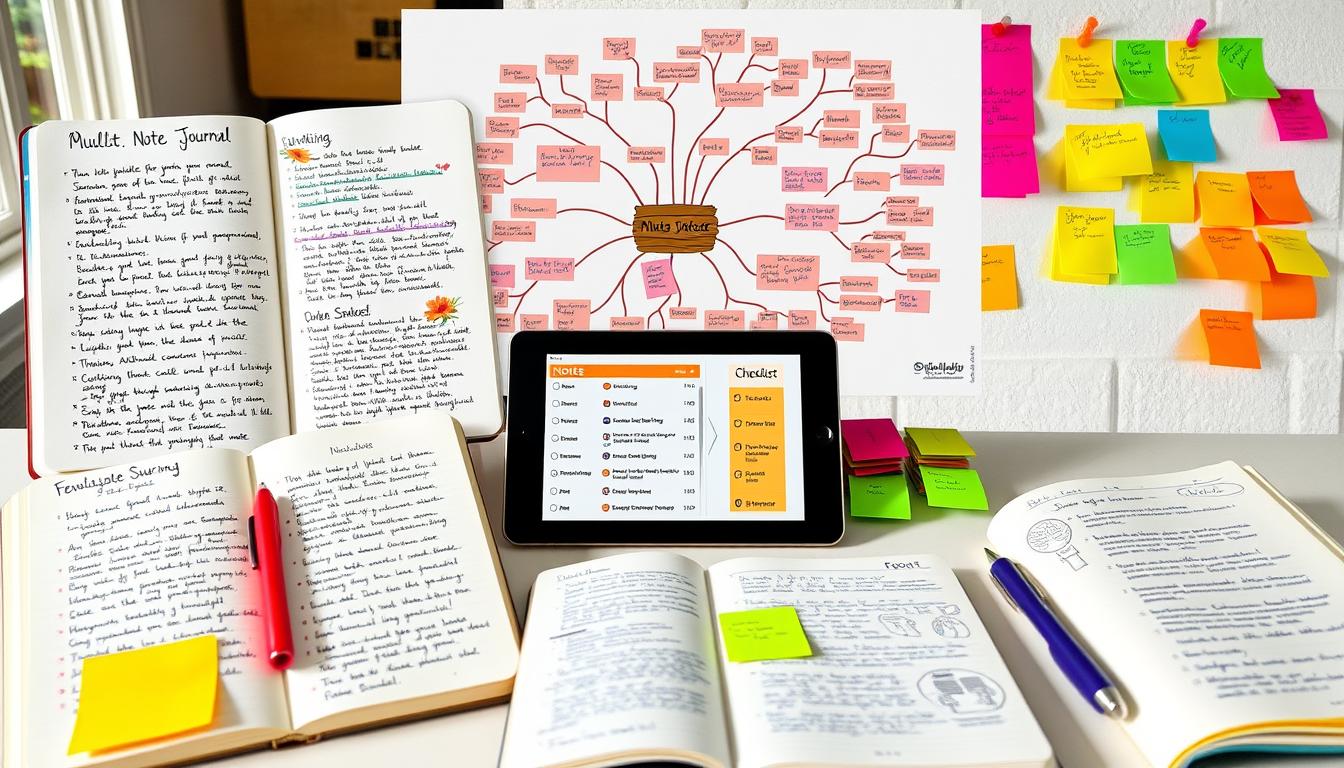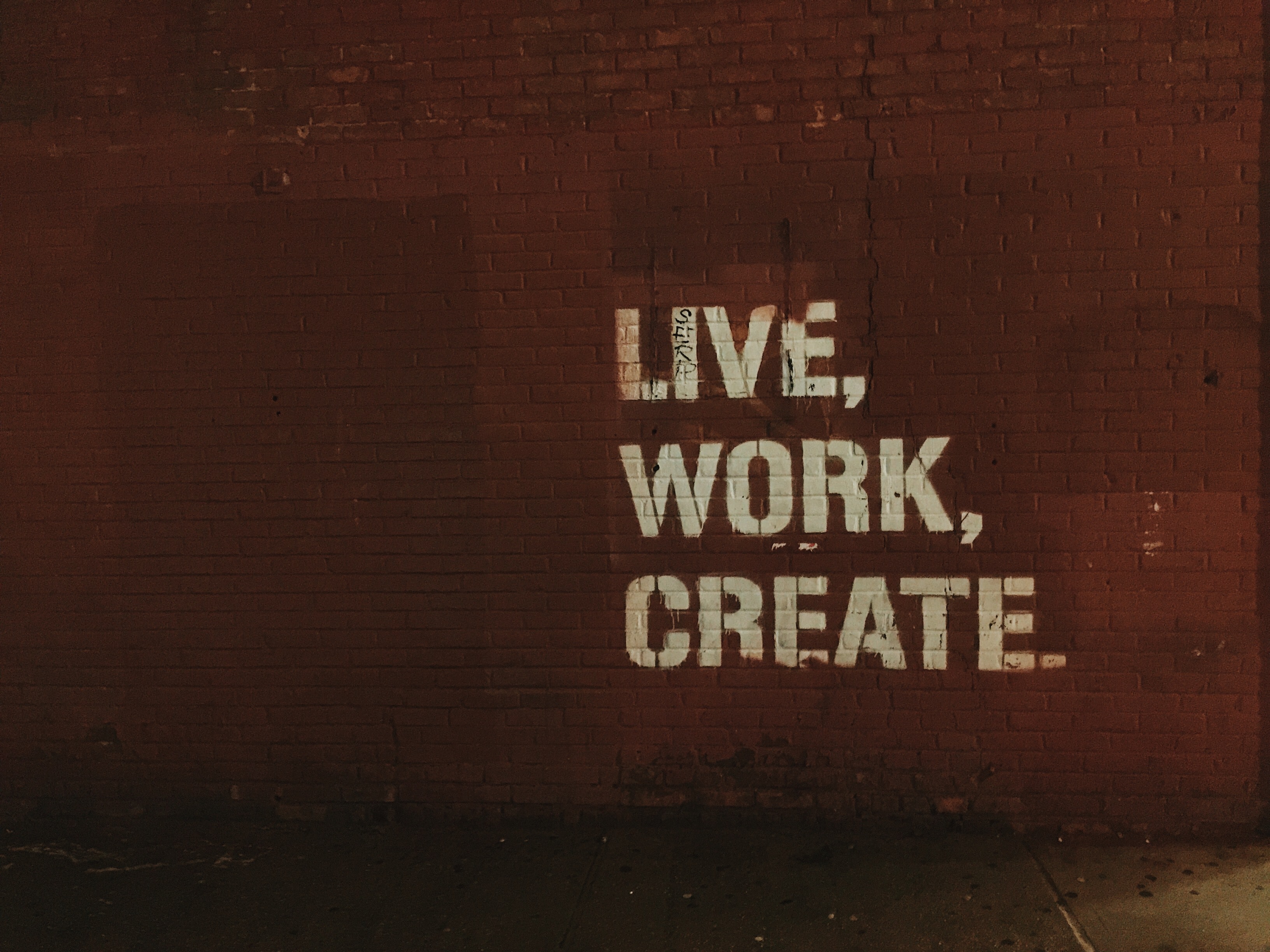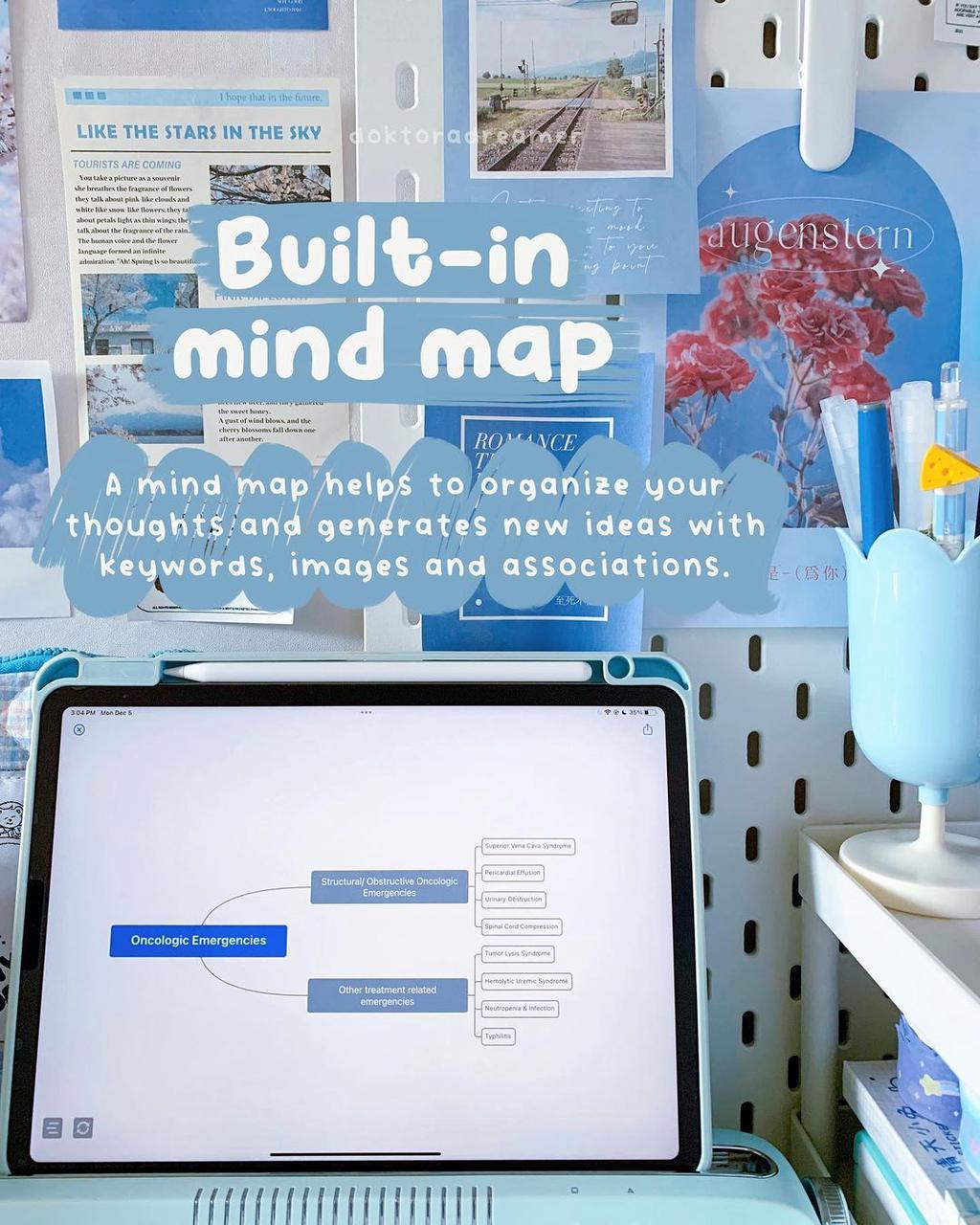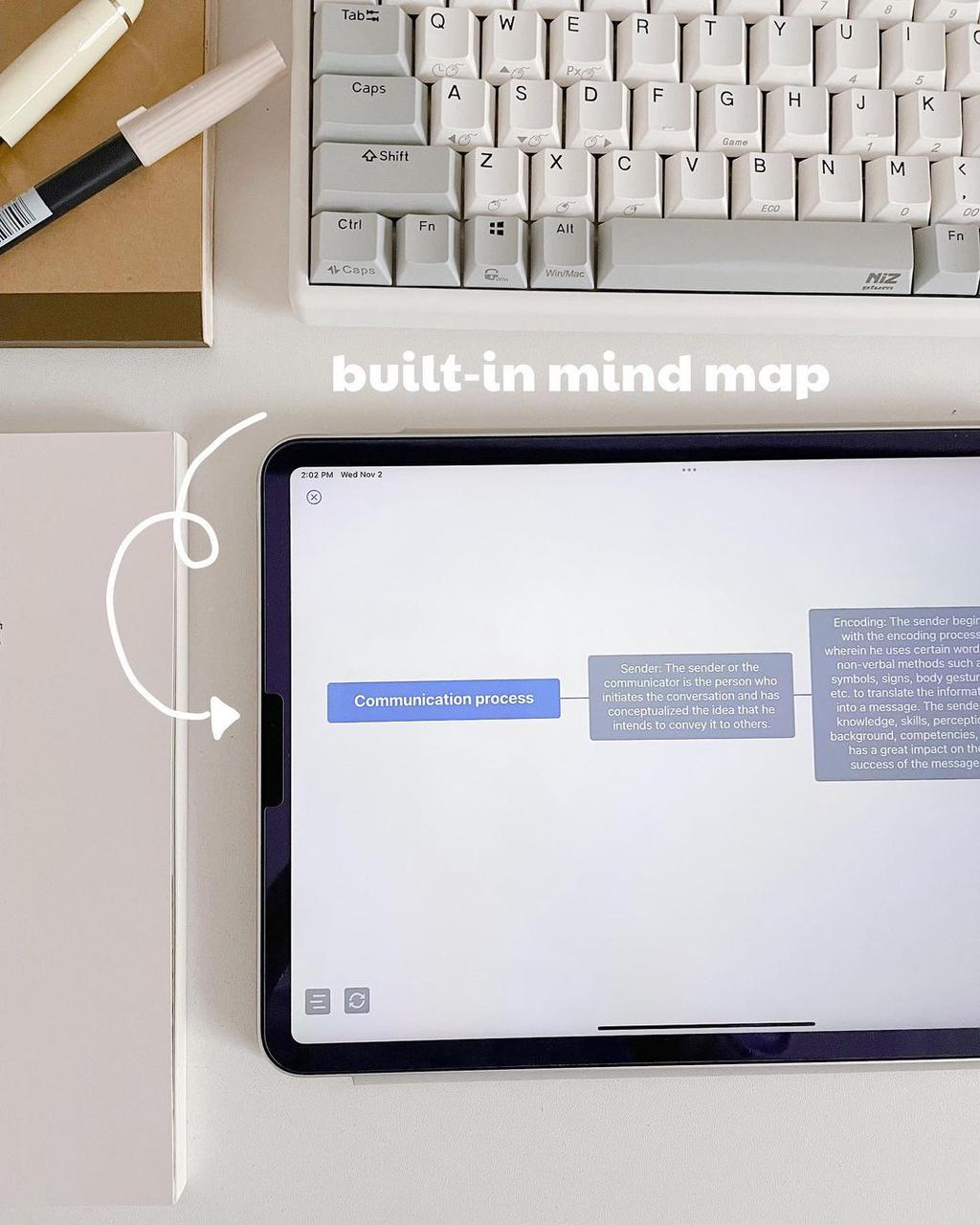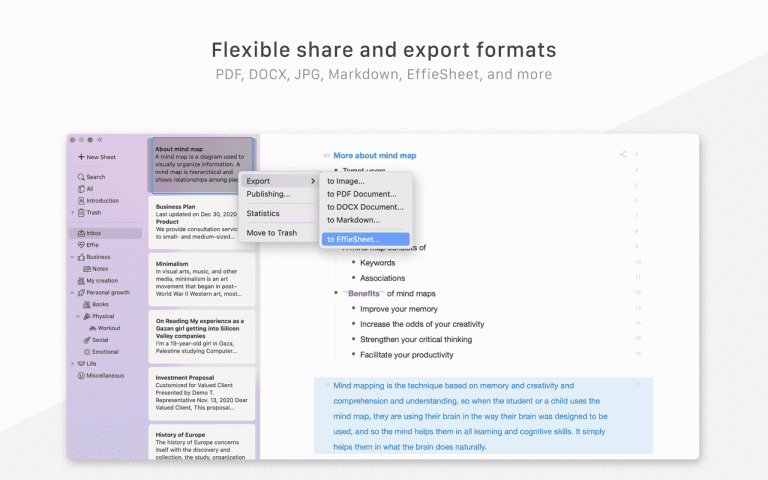You Just Need A Little Nudge for a Better Self
In the healthcare industry, there is a term called Placebo Effect, known as an improvement of symptoms after taking a treatment which in fact has no therapeutic benefit.

How come you feel better even when you take fake drugs?
It all comes down to your expectations.
Your belief that the placebo helps to improve physical or mental wellness triggers the release of endorphins (pain reliever) and dopamine (increase pleasure) in your brain.
As a result, you feel much better.
A study conducted by Kaptchuk further proved that a placebo was half as effective as the real migraine drug on reducing pain after migraine attacks even when participants were well aware that they were taking a placebo.

Although the effect of placebos remains to be an unresolved topic as it involves complex neurobiological activity, we can be sure of one thing: the seemingly insignificant change, a little nudge can have remarkable impacts on your future perspectives and behaviors.
Read on to see what is the Nudge Theory and how you can apply this to life for self-improvement.
What is the Nudge Theory
As Richard Thaler, the behavioral economist put it, “a nudge is any aspect of the choice architecture that alters people’s behavior in a predictable way without forbidding any options or significantly changing their economic incentives”.
It’s a moderate approach that changes your behavior for the better in a way you wouldn’t even notice. For instance, placing books within reach is an effective nudge to increase the likelihood of reading, while banning the use of laptops and phones isn’t.
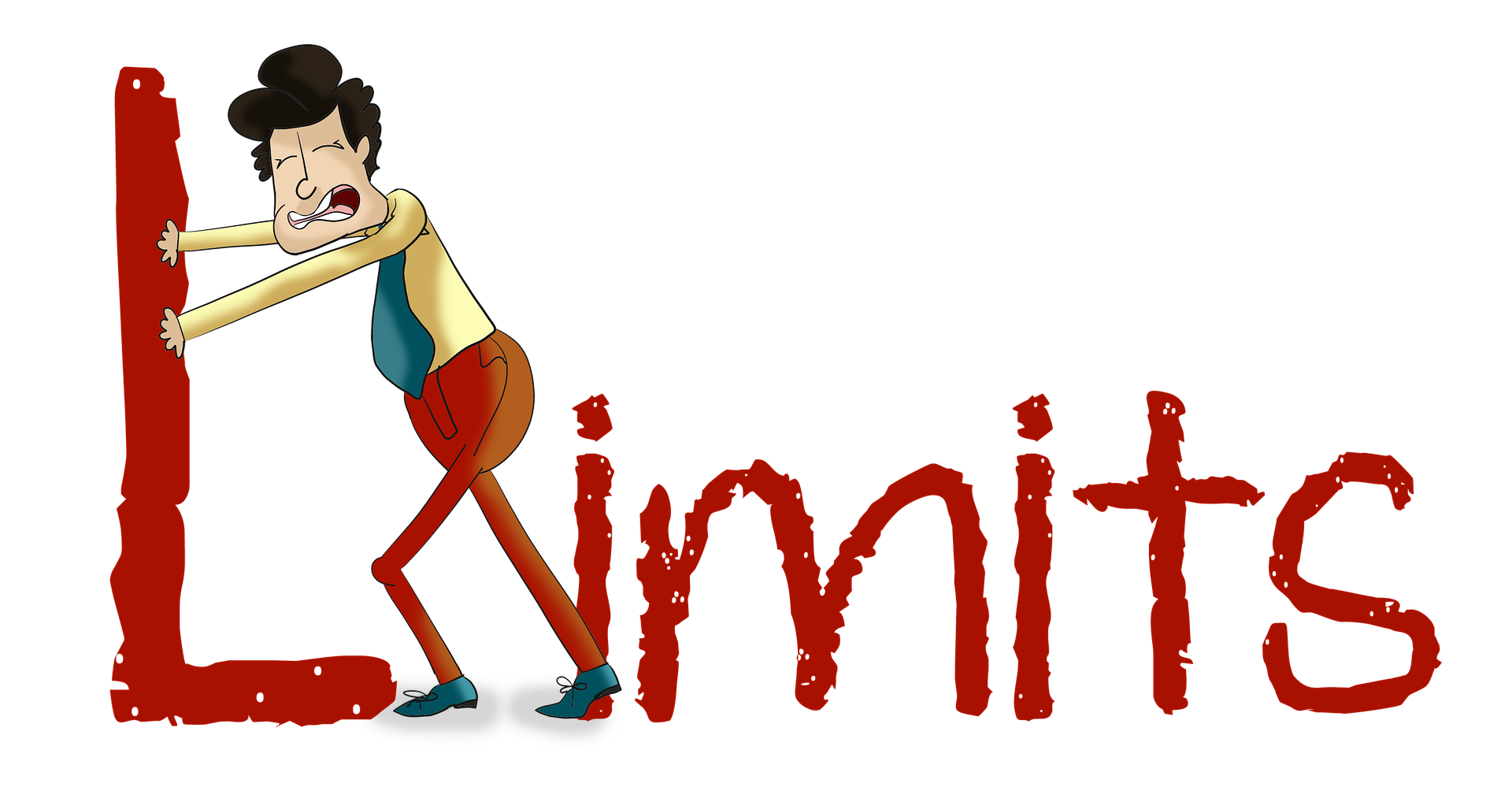
The famously known example would be the fly in the toilet back in the 1990s. By etching an image of a fly in the toilet at Schiphol Airport, Amsterdam, it significantly cut down spillage by 80% and reduced the cleaning costs by 8% as men are more likely to aim at the fly.
When applying the nudging theory, Richard emphasized that there are three principles to follow:
- Transparent and not misleading.
- Easy to act on.
- It serves the welfare of society.
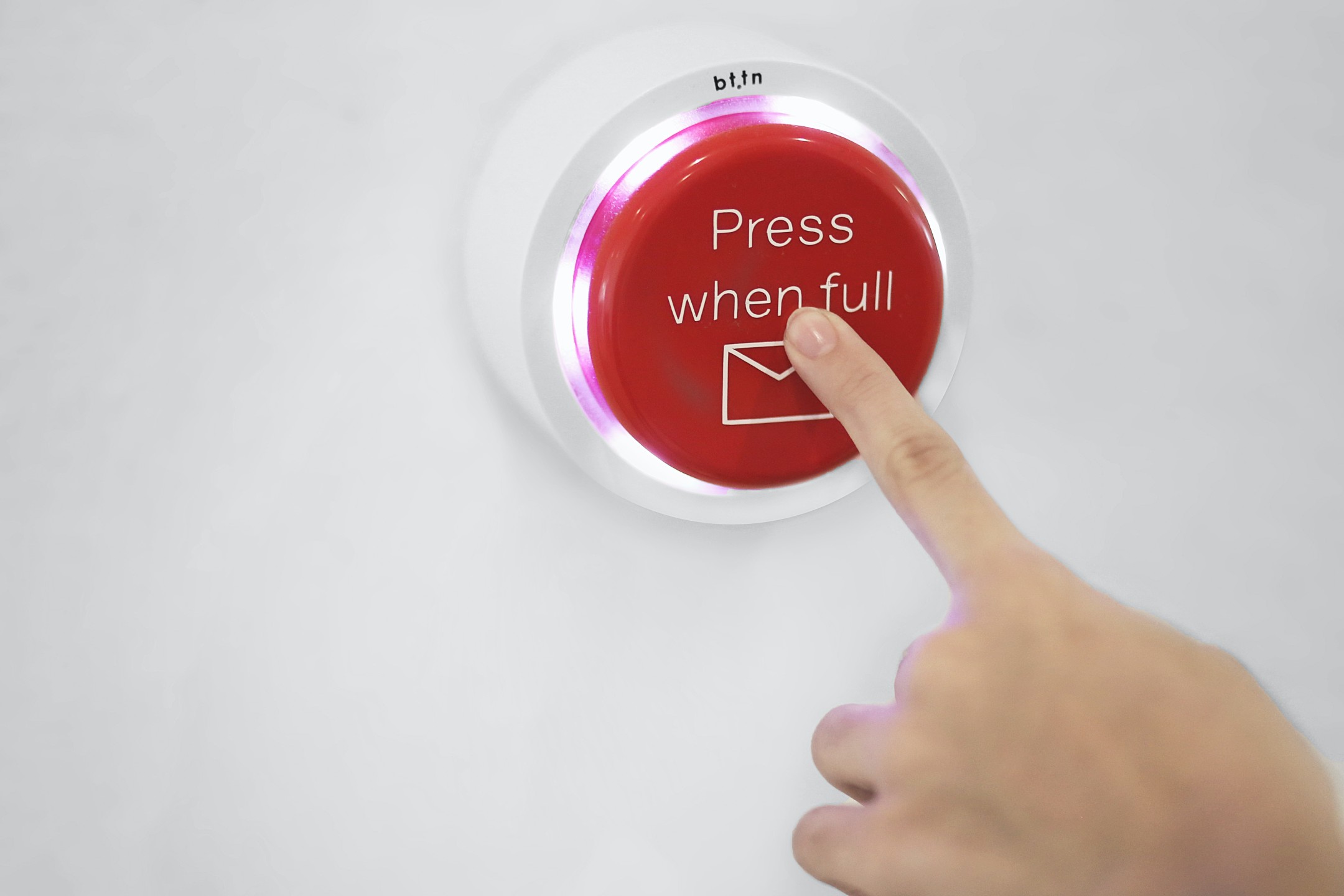
In one word, people will voluntarily alter their behaviors rather than be forced to do so with the help of a nudge. You’ll do something purely out of a strong inner urge.
Although nudging is quite often used in society as an effective method to trigger certain behaviors, it can in fact be applied to any situation in your daily life, and work as an effective method to form good habits.
Give yourself a little nudge
Obviously, you can always motivate yourself with your willpower, except that it runs out.
Whenever you stay concentrated and work at your best, you’ll feel exhausted once the task is over. And if you let yourself continue to work for an even longer duration, you’re less likely to exercise the same level of commitment and perseverance, which is known as Ego Depletion in psychology.

However, when you apply the nudge theory, there is no need to exert your willpower. It plays a silent role in altering your behavior. Here are some nudges you can implement in your daily life to make great improvements without using your willpower.
1st Nudge: make it attractive or unattractive
If you see a cupcake on your desk, and you happen to love cupcakes. Then, most likely, you’ll end up eating it at some point even though you’re not that hungry. But if that cupcake is removed out of your sight, you might not even think about having one at all.
See? All you need to do is to change the position of the cupcake. A nudge makes a whole different story.

If you can make the cupcake less tempting by moving it away, you can definitely build a better routine by making the diet, study, or workout more attractive with simple incentives.
Try connecting your favorite activity with something you need to do. For instance, whenever you work out, you get to see your favorite show. This is a technique called Temptation Bundling, coined by Katherine Milkman, a professor at the Wharton School of the University of Pennsylvania.

By bundling one tempting habit with a less tempting one, the joy then exceeds the reluctance. Thus, you’re more likely to have a try and hang in there a bit longer.
In terms of study improvement, try making your study more entertaining by designing it into a game (self-test or group studies) or an art (creating mind maps or using mnemonics).
A simple nudge triggers your willingness to take immediate action just as effectively as the cake triggers your craving.
2nd Nudge: set actionable goals
How often do you achieve your goals? Although some goals are difficult to achieve, the harder you make them impossible, the harder it is to stay on track.
So how to make the goals easy to act on then?
The little nudge you can use here is the Two-Minute Rule, proposed by David Allen in his book Getting Things Done, which states that “if it takes less than two minutes, then do it now”.
You can break almost any task into a two-minute mini task:
- Reading books in the morning can be simplified into picking up a book and reading one page.
- Workout after work can be as simple as putting on your workout outfit and stepping out of your house right after that.
- Eating more fruits can be simplified into placing more fruits within reach, and starting peeling.
- Staying concentrated while studying can be simplified into turning your phone into silent mode and jotting down a keyword.
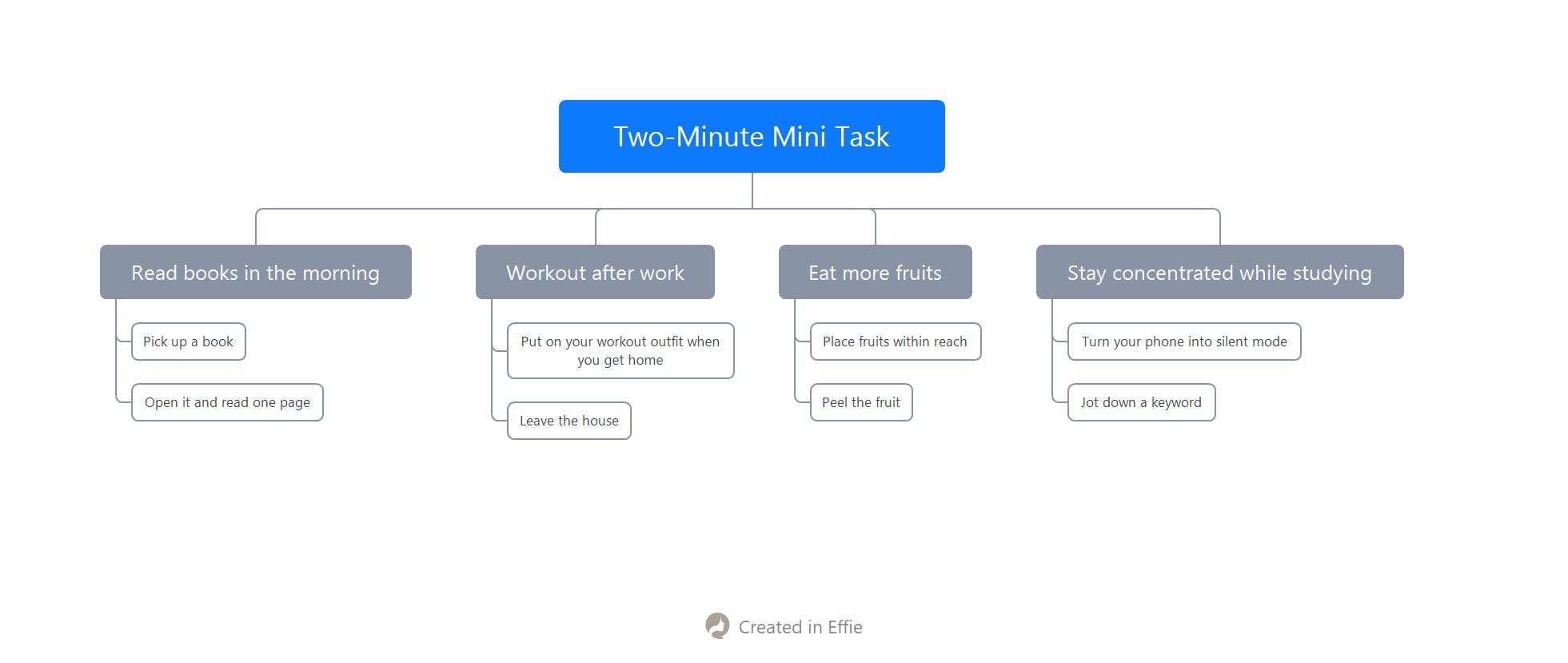
The reason that it works so well is that it persuades you to make a move rather than do nothing. You definitely know the benefits of a regular workout, but how come you refuse to go for a run three times a week?
That’s when delayed satisfaction wears down your interests little by little. The outcome seems too far-fetched to convince you to do something now. But the Two-Minute Rule, as it’s easy to make a start, it’ll then become not that difficult to follow through.
3rd Nudge: feedback is crucial
The main purpose of getting feedback is to improve your performance. Thus, you can stick to your goal in the long run.
Feedback can be designed in various forms:
- The little X you mark on your calendar
- The statistics pinned on top of your writing
- A word of encouragement from one of your friends
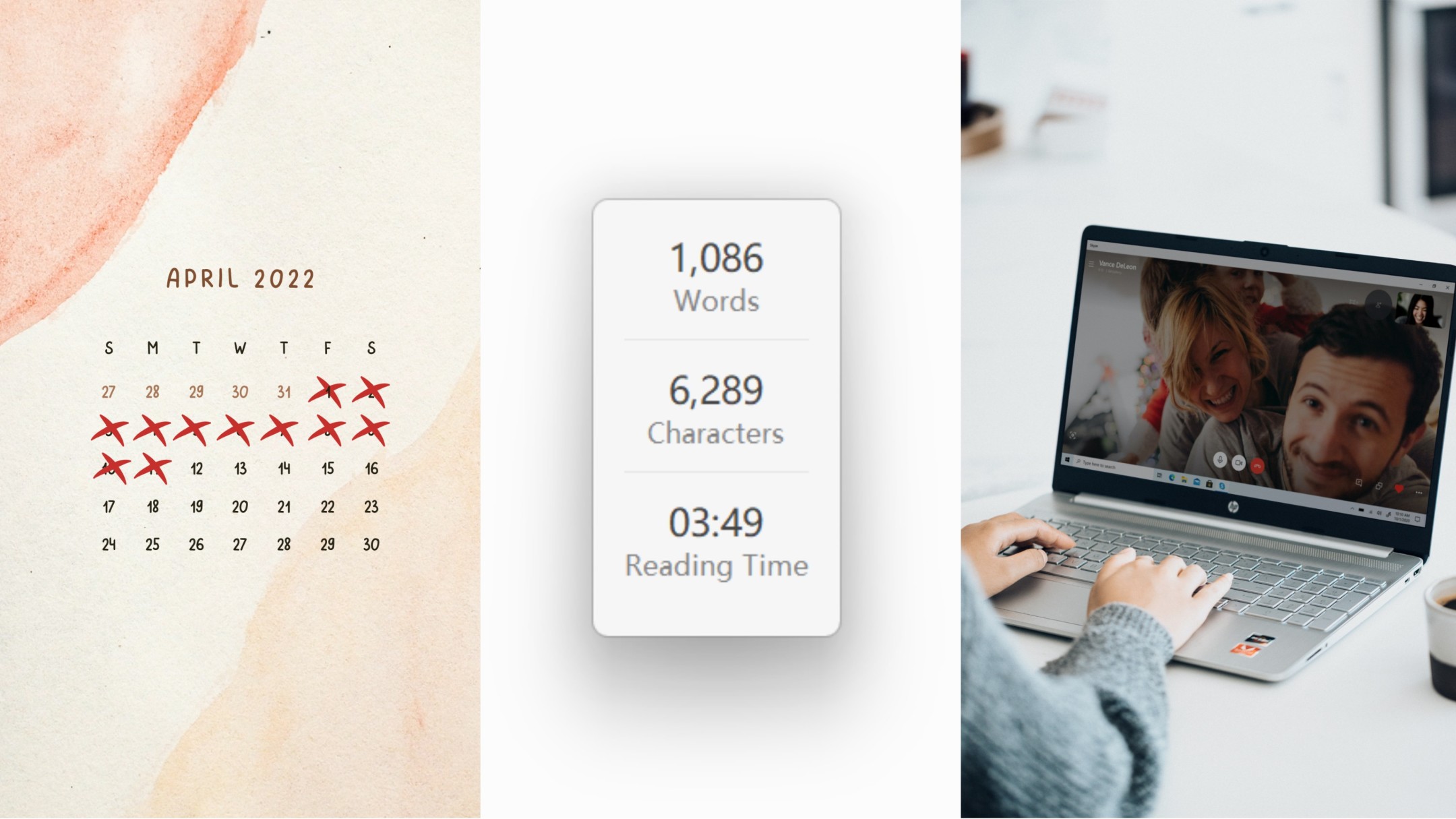
When you look at your calendar and see the results, there is a sense of satisfaction and pride to just keep yourself going further as you don’t want to break the chain.
If you plan to write every day, noticing the increase in the number of words and the improvement of your reading time will motivate you to take a second try the next day as you can receive positive feedback and track your progress within the software.
When your friend encourages you to keep on pursuing your goals by reinforcing its benefits, you’ll know it’s the right habit you’re forming.
Other than that, feedback also offers guidance or direction in time when things don’t work out the way you expected. If that’s what happens, then it’s time to adjust your strategies or goals, taking a turn for the better.
In one word, nudging is everywhere. It’s an invisible hand that tricks you to change your behavior with an indirect suggestion. As a result, you’ll instantly benefit from the changes and increase the likelihood of further improvement.
So give yourself a little push, and build a better self to do what you need to do rather than just what you want to do.


